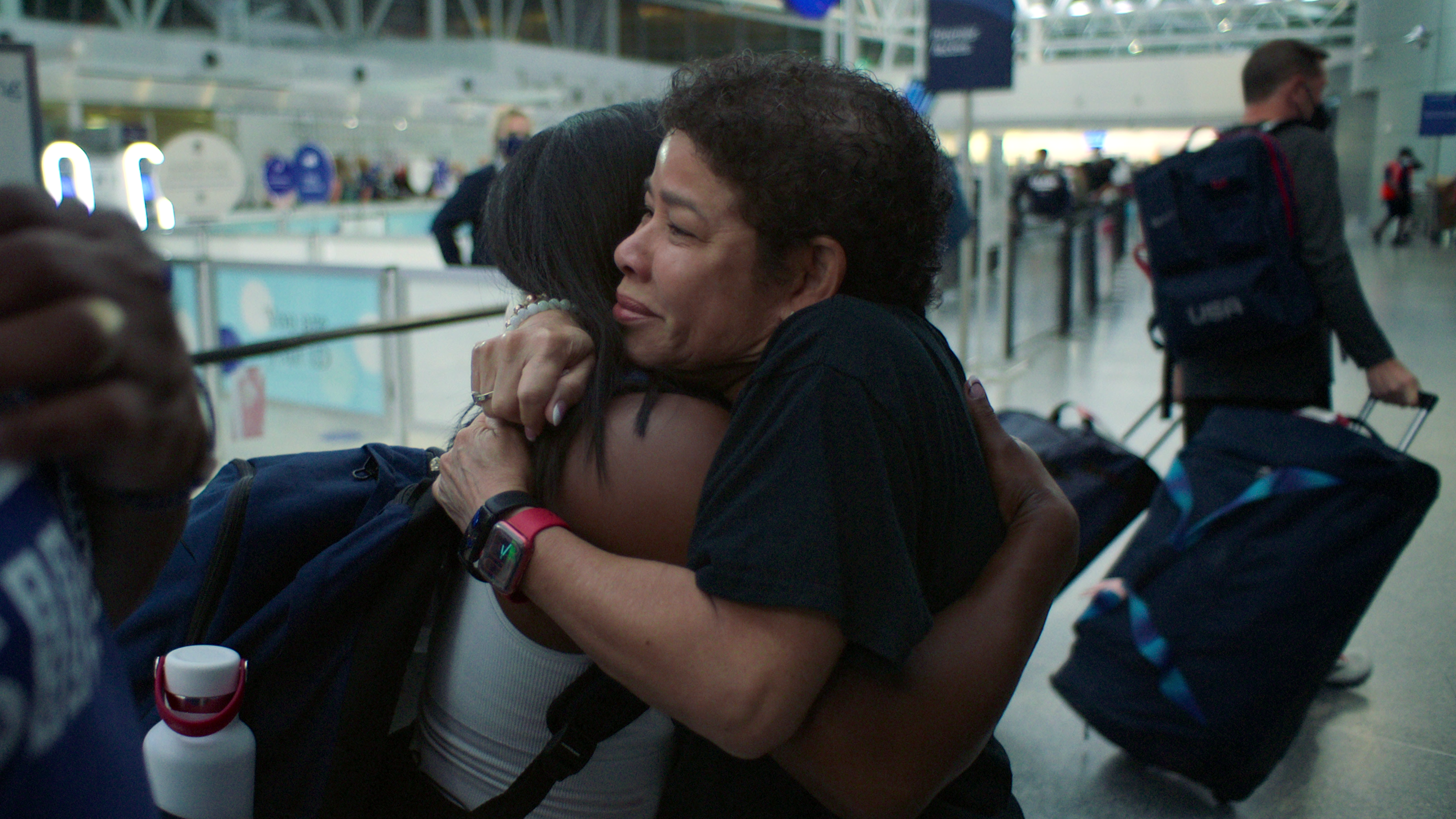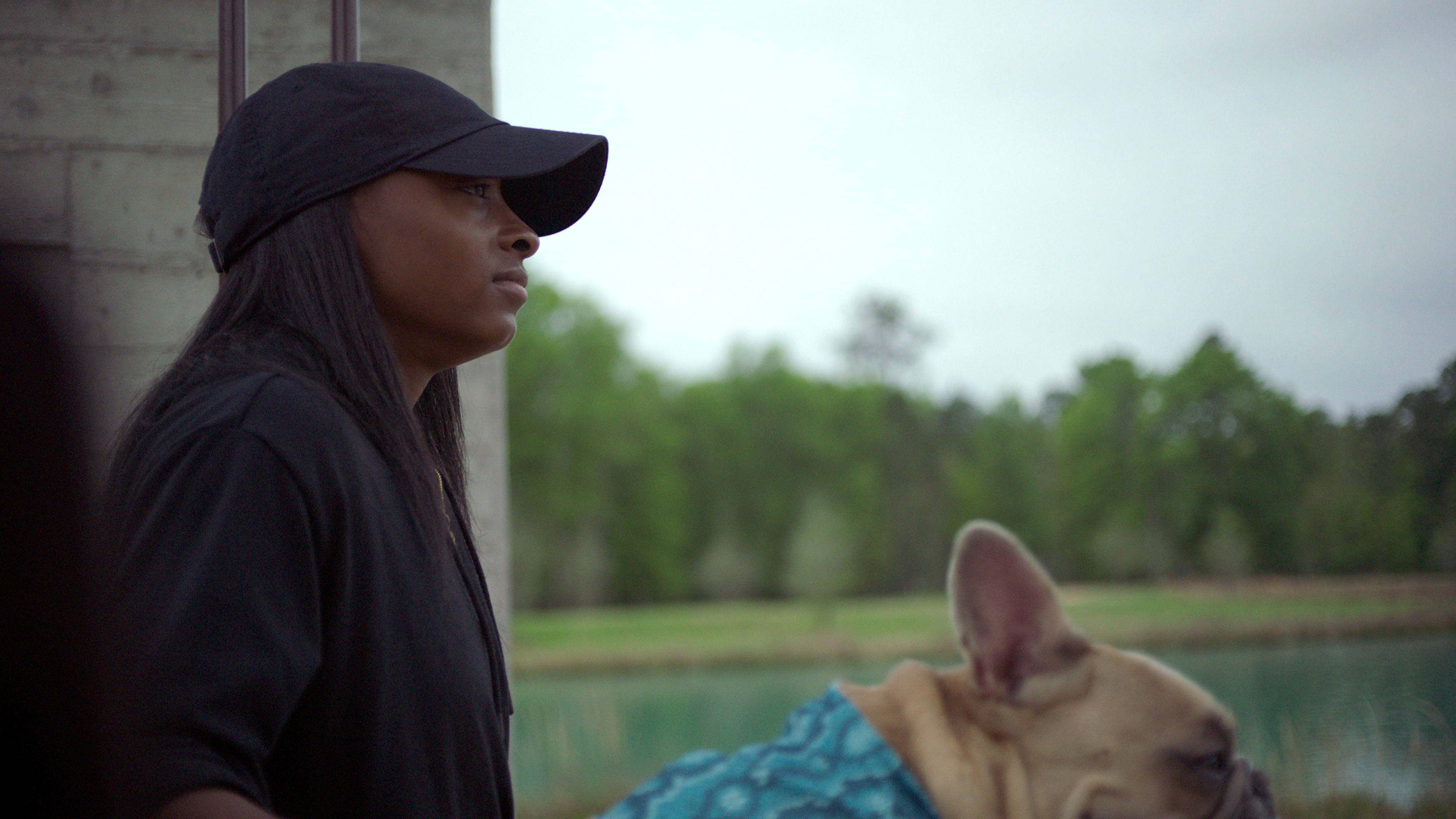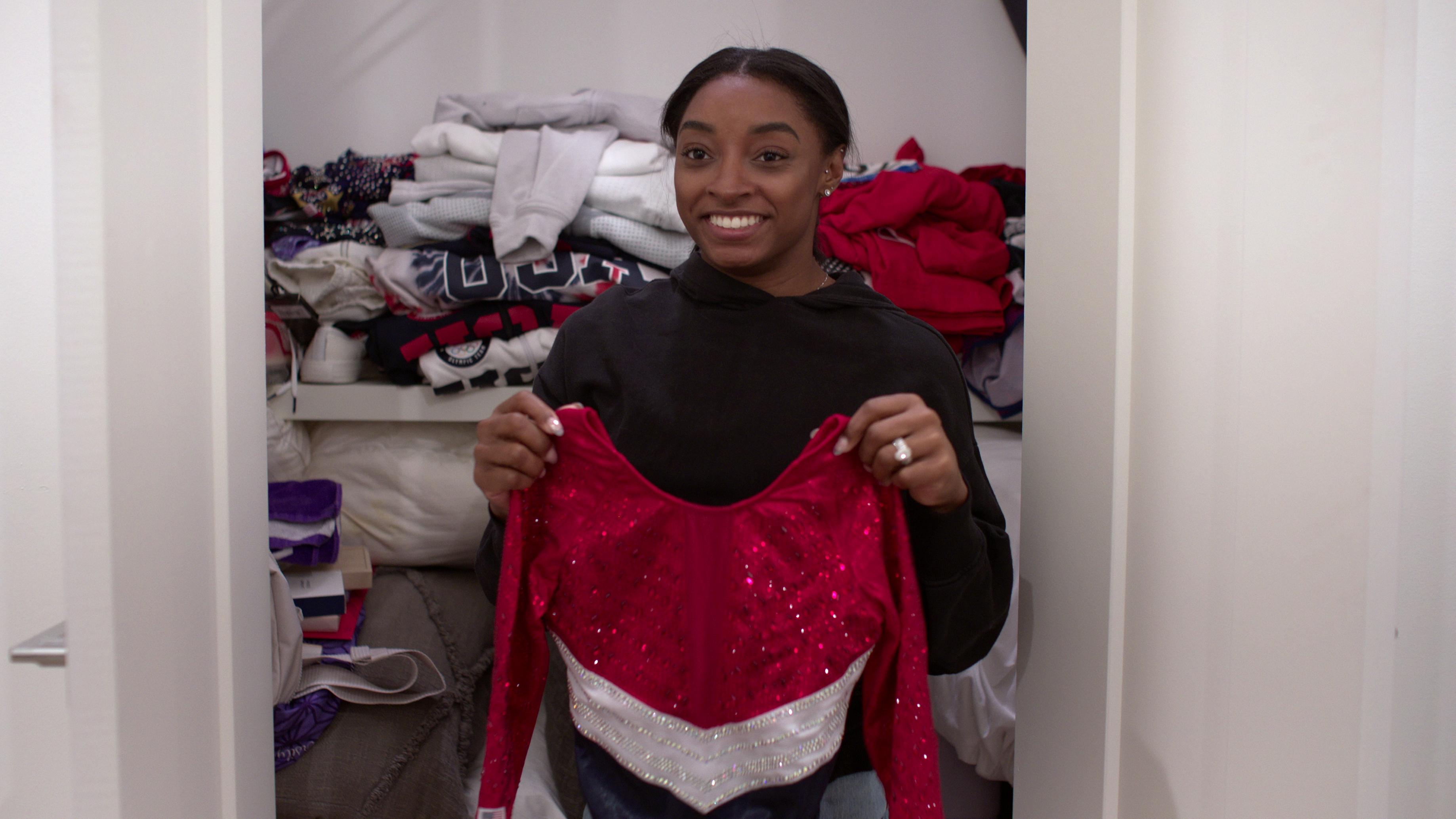This website uses cookies so that we can provide you with the best user experience possible. Cookie information is stored in your browser and performs functions such as recognising you when you return to our website and helping our team to understand which sections of the website you find most interesting and useful.
Support truly
independent journalism
Our mission is to deliver unbiased, fact-based reporting that holds power to account and exposes the truth.
Whether $5 or $50, every contribution counts.
Support us to deliver journalism without an agenda.

Louise Thomas
Editor
Just under Simone Biles’ left collarbone, the Maya Angelou quote, “And Still I Rise” is permanently tattooed – etched into her body and mind. For the six-time World all-around champion and Olympic gold medalist, who qualified for the women’s gymnastics finals already at the 2024 Paris Olympics after her shocking withdrawal from the 2020 Tokyo Games, this sentiment rings truer now than ever before.
Now, Biles will grace the Olympic stage once again on Tuesday, July 30, vying for the top title in the women’s team final alongside Jade Carey, Suni Lee, Jordan Chiles, and Hezly Rivera. However, feelings of doubt and depression left the 27-year-old, often recognized as the “greatest athlete of all time,” in and out of the gym for a year and a half before her comeback at this year’s Olympics.
With the anticipated summer competition well underway, Netflix is shining a light on the most talked about gymnast, taking a deep dive into the last four years and beyond with its new docuseries, Simone Biles: Rising. Director Katie Walsh ushers in first-person accounts from Biles and fellow US Olympic gymnastics champions Aly Raisman, Dominque Dawes, and Betty Okin; coaches Laurent Landi and Cecile Canqueteau-Landi; psychology professor Dr. Onnie Willis Rogers; and Biles’ family members for a multi-faceted view of her career thus far.
Episode one takes viewers to the vault finals in Japan, the setting that saw Biles experience what’s known as “The Twisties,” a state of mental unrest where the brain chooses to no longer communicate with the body. Suddenly, her reputation as “the greatest of all time” was refuted by hateful commentators who believed she was a “quitter.”
In episode two, Biles is seen focusing on her mental recovery not only from the 2020 Olympics, but also from the sexual assault and child pornography charges against former US Gymnastics team doctor Larry Nassar.
From the impact of fellow Black female gymnasts on Biles as a young athlete, to her feat at the 2016 Rio de Janiero games, to the soul-crushing end in Tokyo four years later, episodes one and two of the four-part series explores how mental health issues can be a silent killer in pro-sports.
Here are the four main revelations from the first two episodes of the Netflix documentary, Simone Biles: Rising.
From grandparents to parents
Biles’ parents are the cornerstones of her career, making up her support system for the past 27 years. Through all the pre-competition nerves, Nellie and Ronald Biles have consistently provided a sense of alleviation for their daughter.
But what some people might not know is that Nellie and Ronald weren’t always mom and dad to Biles – they were also grandma and grandpa. Around age two, Biles and her sister Adria were separated from their siblings, Ashley and Tevin, and placed into foster care. Their biological mom, Shannon Biles, was Ronald’s daughter who suffered from severe substance abuse and was no longer allowed to be their legal guardian. After six to nine months in foster care, Biles and Adria were taken in by Nellie and Ronald, while Ashley and Tevin were adopted by their great-aunt.

Mandatory Olympic tryouts
Though Biles has already cemented herself as an irrevocable athlete, the Olympic rules and requirements still apply to her. In the weeks leading up to the summer games, athletes must qualify in a series of tryouts to lock their spot on the team, including the 37-time Olympic and World medalist. No matter how many championship titles Biles has won, she’s always had to travel to the tryouts to confirm her eligibility.
This year, team trials were held from June 27 to June 30 in Minneapolis, Minnesota – where Biles, Suni Lee, Jade Carey, Jordan Chiles, and Hezly Rivera were named as the 2024 US Women’s Gymnastics team representatives.
Post-Rio de Janeiro Olympics depression
The 2013 World all-around championships in Antwerp, Belgium, demonstrated Biles’ incredible creativity, endurance, and skill in a high-stakes competition. No one would ever regard her as an “underdog” again, especially after she competed alongside team captain Raisman at the 2016 Rio de Janeiro Olympics. That year, coming out on top sent Biles into a euphoria, reaching a level of achievement she thought would go unmatched for the rest of her career.

When she returned home to Houston, Texas, however, she slowly began to break down. Her ecstatic attitude disappeared as she was met with time off and the traumatic revelations of Nassar’s criminal behavior.
As the news of Nassar’s charges – seven counts of first-degree criminal sexual conduct and possession of child pornography – unfolded, Biles was forced to recognize how her own abuse had been disguised as medical treatment. “Trauma manifests and presents itself in different ways depending on the person,” she said in the documentary. “You never know how you’re going to react when you start talking about that stuff.”
In January 2018, Nassar was sentenced to 40 to 175 years in prison by Ingham County Judge Rosemarie Aquilina.
Tokyo “Twisties” and media limits
Immense pressure was placed on Biles in the months that led up to the 2020 Tokyo Olympics. Her nerves were unshakeable, catapulting her into a state referred to as “The Twisties” in gymnastics.
“The brain no longer communicates with the body, they change the move, lose their place,” US women’s coach Landi explained. “Most of the time it’s unrelated to gymnastics.”
Losing the mind-body connection led Biles to fall short during a vault move she’d practiced many times before. “I knew from that one moment,” Biles confessed, reflecting on her Tokyo performance. “To me it felt silent. I felt like I was in jail in my own brain and body.”

Out of fear of injury, Biles pulled out of the final competition – a decision that would lead thousands of fans and media commentators to label her as a “quitter.” Crude messages poured in, along with harsh narratives that stripped her from her previous glory.
“After Tokyo, I had not one ounce of belief in myself,” Biles admitted.
It took her a year and a half to fully commit to the gym again. She had received harsh and unnecessary criticism before, specifically in 2016 about her hair during competition, but this narrative shook her confidence to a new degree.
For the 2024 Paris Olympics, Biles is making drastic changes to her preparation. She’s taking less media interviews, deleting social media off her devices, and taking more time for herself. Speaking to anchor Hoda Kotb on Today, Biles outlined the specific limits she was placing on herself, the biggest being deleting X (formerly Twitter).
Simone Biles: Rising is now streaming on Netflix.



 Africana55 Radio
Africana55 Radio 
